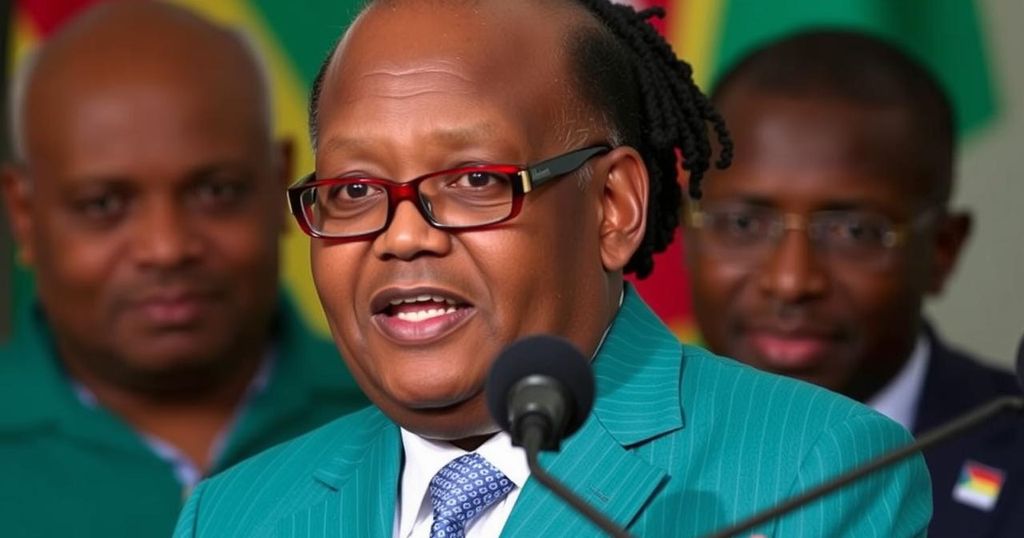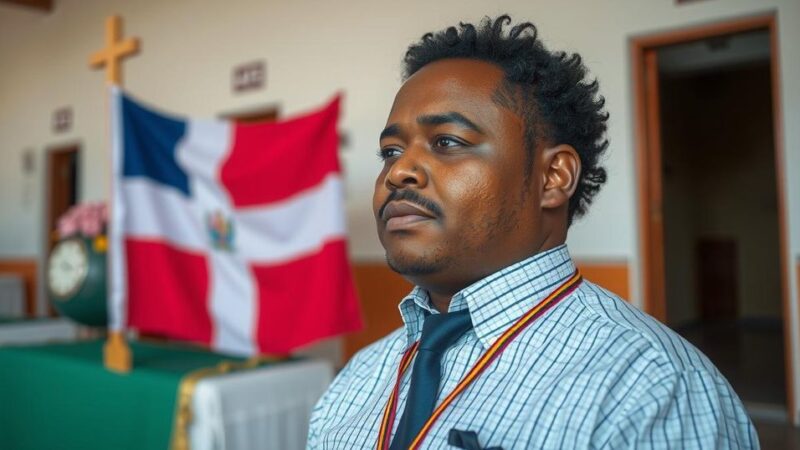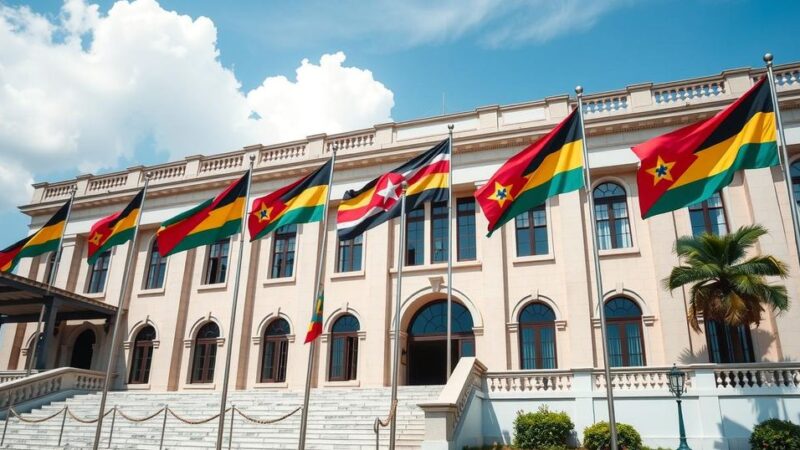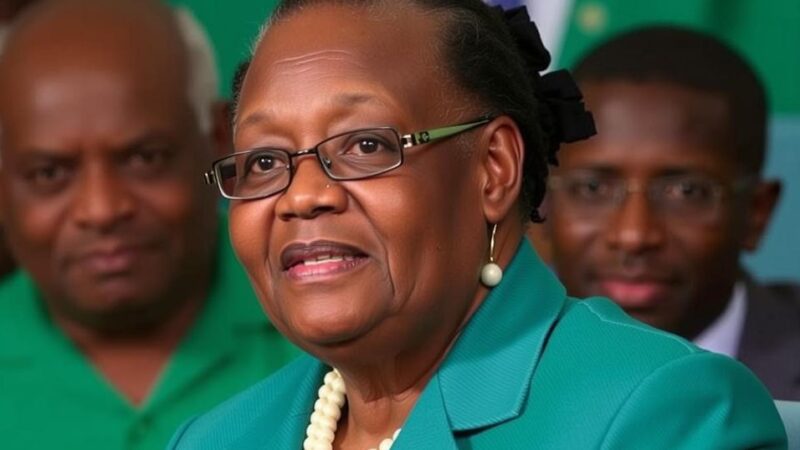Mozambique’s top court confirmed Frelimo’s victory in contested October elections, prompting mass protests and alleging electoral fraud. At least 130 deaths are reported amid unrest, significantly affecting the economy. The international community critiques the electoral process, while Daniel Chapo pledges improvements as president. Opposition parties reject the results, exacerbating the political crisis.
Mozambique’s highest court has upheld the ruling party Frelimo’s victory in the contentious elections held in October. The Constitutional Council’s decision is expected to provoke further protests, particularly from opposition groups that allege electoral fraud. The unrest has led to at least 130 fatalities in clashes with law enforcement, indicating a significant political crisis in the country governed by Frelimo since 1975. Western observers have criticized the electoral process, asserting that it lacks fairness, contributing to the largest protests in Mozambique’s history.
While Frelimo’s Daniel Chapo was declared president-elect with approximately 65% of the vote, this figure is lower than the over 70% initially reported by the electoral commission. Opposition representatives have vehemently rejected the official results, claiming the electoral integrity was compromised. Protests erupted shortly after the announcement in various locations, illustrating widespread dissatisfaction among the populace. The unrest has disrupted business operations and led to the temporary closure of significant border crossings, thereby impacting the economy.
Chapo has pledged to enhance the living conditions of ordinary Mozambicans, yet skepticism remains regarding his administration’s commitment to legitimate governance. The economy is projected to suffer due to the political turmoil and environmental challenges, with an International Monetary Fund official suggesting that growth forecasts may need adjustment. This situation highlights the deepening political rift in Mozambique and raises serious concerns about its stability during a critical period.
Mozambique has experienced longstanding political tension, particularly since the introduction of elections in 1994. The ruling Frelimo party has faced allegations of electoral manipulation from both opposition parties and independent observers. This political landscape has been characterized by violent protests and significant civil unrest, especially following controversial election results. The country, rich in natural resources, has potential economic growth hampered by governance issues and civil strife. The recent electoral conflict necessitates attention from international actors concerned about stability in Southern Africa.
In conclusion, the confirmation of Frelimo’s electoral victory has intensified political unrest in Mozambique, exposing deep divisions within society. The court’s ruling has not only led to protests but has also incurred significant casualties and economic implications. The ongoing situation poses challenges for governance and development, raising urgent questions about the future of democracy in Mozambique. Stakeholders must approach this crisis with vigilance and a commitment to dialogue to avert further instability.
Original Source: www.cnn.com







